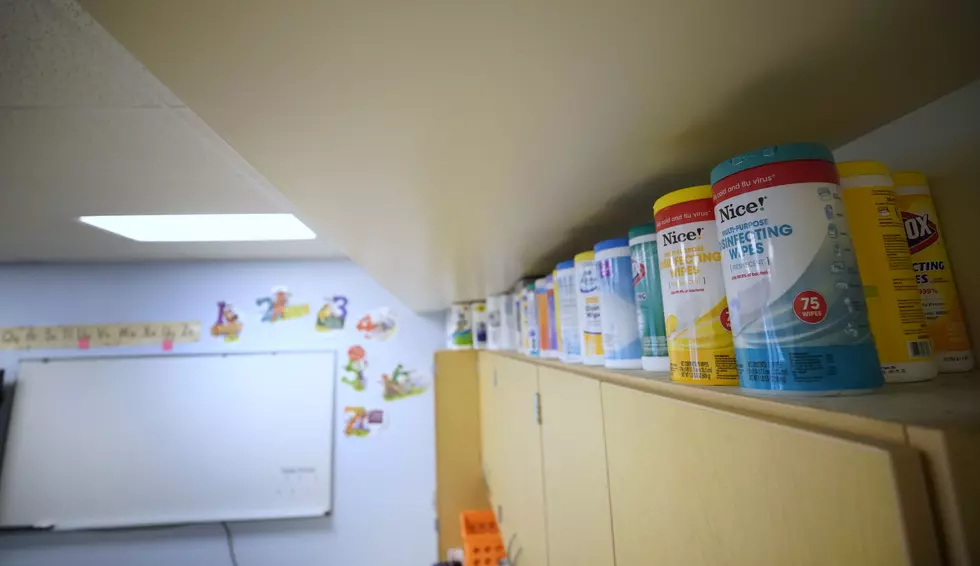
Air Conditioning in All NJ Schools? Proposed Law Pushes Temperature Control
New Jersey students suffering in classrooms with no air conditioning, or inadequate heat, could be a challenge of the past, if some state lawmakers manage to turn their idea into law.
Under legislation from Assembly Democrats Mila Jasey and Angela McKnight, approved by the full Assembly in November, school districts would have to establish policies that ensure students are spending eight hours a day in an environment that is comfortable and conducive to learning.
"Multiple studies have shown a link between classroom environment and academic performance," Jasey said.
"It might not seem like a big deal to some, but being too cold or too hot can have a negative impact on learning," McKnight added. "These guidelines can help schools better provide classroom environments to enhance student learning."
Weather typically presents the biggest problems in the earliest and latest weeks of the school year, when temperatures inside a classroom can top the sweltering temperatures outdoors.
The assemblywomen claim air conditioning is not the only way to achieve classroom temperatures ideal for learning. Other methods, such as rearranging classrooms, planting trees near windows, and creative scheduling, could do the trick, they said.
None of those alternative methods are likely to make a dent in the discomfort of students, according to Keith Gourlay, executive director of the New Jersey School Buildings & Grounds Association.
"On those hot, humid days, it doesn't really matter where the sun is. It's hot," Gourlay said.
Gourlay said every New Jersey school district is always doing its best to keep kids comfortable.
"It's sometimes beyond our control," he said. "If God decides to make it hot, and we don't have air conditioning, then we've got issues."
Schools do dismiss students early in the event of extreme heat. Once a half-day is accomplished, it counts toward the 180 required days overall.
When school systems find the money to renovate or expand, Gourlay said, new spaces are typically air conditioned. But there are plenty of older buildings and classrooms that have zero cold air pumped in during the warmest weeks of the academic year.
"There's no money for that," he said. "The only way you're going to find money for that is by going to referendum."
The New Jersey Education Association is strongly supportive of the measure.
Steve Baker, director of communications for the teacher's union, said this change would help provide safer and healthier learning conditions for students.
As long as students are safe and comfortable, Baker said, how schools achieve temperature-controlled classrooms is up to them. But air conditioning in all New Jersey schools is an investment that's long overdue.
"As a society, we have managed to temperature-control every office building, every movie theater, every 7-11 in the nation," Baker said. "If we can do it for our Slurpees, I think we can do it for our students."
The legislation has not seen any action in the New Jersey Senate.
More From WPG Talk Radio 95.5 FM










